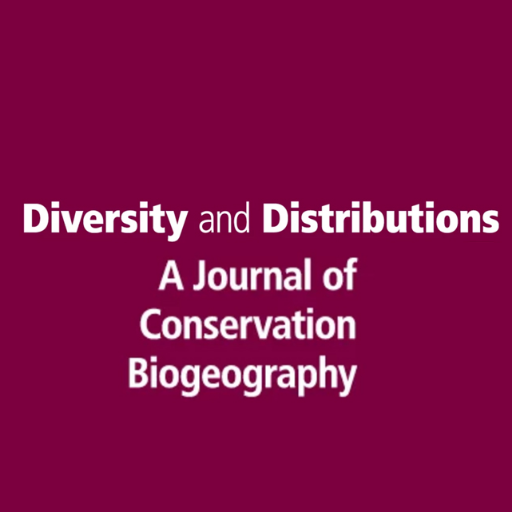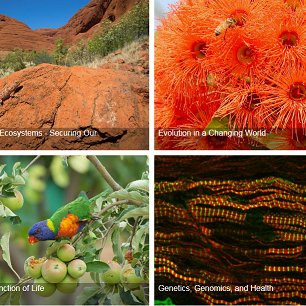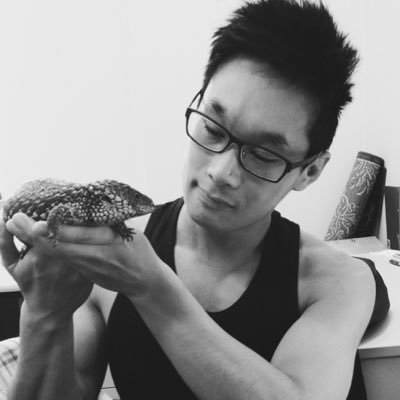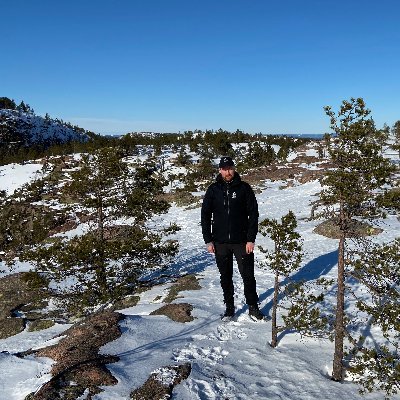
Shawan Chowdhury (শাওন চৌধুরী)
@shawan_c
Followers
2K
Following
27K
Media
375
Statuses
10K
Lecturer, Monash Uni. Research focus: animal movement, citizen science, conservation, global change. First-gen MS, PhD
Melbourne
Joined March 2016
🦋 How will #insects respond to #climatechange? A global review of 351 studies shows no consistent pattern. Some species expand, others shrink, partly due to varied #methodologies. Standardised approaches are crucial to predict future insect ranges. 🌐 🔗 https://t.co/gUNszKA7w8
0
8
15
PhD student opportunity in our lab! Please share widely! Lab: https://t.co/bWeqd8LsIG TIGP: https://t.co/GJN8bCvgle
#Fossil #PhDstudent #Paleontology #Taiwan
1
75
153
Thanks to the amazing collaborators. Diana Bowler, Estève Boutaud, Ortwin Bleich, Helge Bruelheide, Jörn Buse, Thore Engel, Jörg Gebert, Volker Grescho, Stephan Gürlich, Ingmar Harry, Florian Jansen, Reinhard A. Klenke, Roel van Klink, @sMarten_Winter, @AlettaBonn
0
1
1
By analysing 36 yrs of distribution data of German ground beetles, we show: - ~80% have declined, with significant declines for >50% of species. - Decline was similar across species traits and threat status. @idiv @Monash_Science @consbiog @MonashBiol
https://t.co/Ps6P6yIl7B
1
5
12
In our new article (Midolo et al., Ecology Letters), we show that plant species richness in European plant communities generally decreased between the 1960s and 1980s. However, since the 1990s, this trend seems to have stopped or even reversed. https://t.co/ieQk0M6RCh
1
20
48
🐞 Over 36 years of data reveal alarming declines in German #groundbeetles: 52% of species decreased in #occupancy, including many key #predators vital for #ecosystem balance. 🚨This new study calls for urgent, coordinated #insects monitoring. 🔗 https://t.co/XyX444BzJ3
0
3
5
Rodolfo Anderson and David Chapple find that Protected Areas mitigate the effects of heat stress in ectotherms, particularly in tropical regions. https://t.co/Q19cMZ7dPP...
0
3
8
#MonashScienceAwards Congrats to A/Prof Kay Hodgins @shaky_dingo (@MonashBiol), recipient of the Researcher of the Year Award. Learn more: https://t.co/1JXxaMqFCR
0
1
1
#MonashScienceAwards Congratulations to the @GATCLab and @SKBLab (@MonashBiol), who received a Commendation for Research Team of the Year Award. Learn more: https://t.co/1JXxaMqFCR
0
1
2
iNaturalist projects represent a valuable resource for aggregating plant observations and engaging society: A case study of the Flora of Mongolia project. https://t.co/3oehBGg17o
0
2
2
Queensland's forests are still being bulldozed—and new parks alone won't save them https://t.co/asHvF051BT via @physorg_com
phys.org
The Queensland government celebrated the creation of new national parks this year, with Premier David Crisafulli saying it is time to "get serious" and be "ambitious" in protecting nature.
0
4
5
Our new study reports epicotyl physiological dormancy in Quercus sagrana—the only Caribbean oak. Its acorns germinate fast but delay shoot emergence, showing how tropical oaks adapt to dry seasons. https://t.co/hWocyKqSo0
#SeedEcology #Quercus #Fagaceae
0
1
9
Congrats @LangguthAnna on your first paper from your PhD! She was able to grow fibroblast cells from bat wings 🦇 using more field-friendly techniques that will help us better understand disease dynamics without infecting bats directly! https://t.co/wbQ3BqM5Ng
0
10
22
🌿 In this episode of #InsideBiodiversity, @sMarten_Winter unpacks the curious logic behind how scientists classify species — and the consequences that follow. 🌍 What does “non-native” really mean in a world shaped by movement? 🎧 Listen in: https://t.co/4JO2dkoyW9
0
5
13
Happy to share our new review in @RSocPublishing on the role of chemical pollutants in shaping biological invasions Part of our upcoming Special Feature issue on 'Wildlife behaviour and movement ecology in a human-dominated world'! Open Access 👉 https://t.co/DPtjLzCUpj
0
14
33
New paper from the MIREN network! We tested how homogenisation (ecosystems becoming more alike through invasions) changes with scale. Global = clear pattern Local = not so simple Read more:
the3dlab.org
I’ve always been intrigued by ecological scaling – it’s literally in my title: Assistant Professor in Ecological Scaling. One of the main reasons we care so much about scaling is that ecologi…
1
1
2
#MonashScience has launched the Climate Change Science Hub, uniting researchers to tackle our planet’s greatest challenges. Developed by @ProfDamianDowling & @AilieGallant, launched with Prof Jordan Nash & Prof Mike Ryan. https://t.co/NurYA8RbST
#ClimateScience #MonashScience
0
1
3
🌏 We’re hiring! Research Scholar / Modeler – Global Land Carbon Cycle & Land Use Change. Join IIASA’s Exploratory Modeling of Human-Natural Systems & Integrated Assessment and Climate Change research groups groups to advance open-source Earth system models. Apply:
0
1
1
NOW OPEN FOR APPLICATIONS: Our new MSc in Environmental Change and Policy (ECP) at Oxford’s @ecioxford @oxfordgeography Programme starts 2026. Apply here: https://t.co/xQdmBXhGIt
1
7
12
Our recent work led by Yantong showed that IUCN Red List underestimates national conservation status of transboundary species, highlighting the critical importance of developing national red lists for understudied taxa in developing countries. https://t.co/t3Xm4XRU1L
0
13
42

















